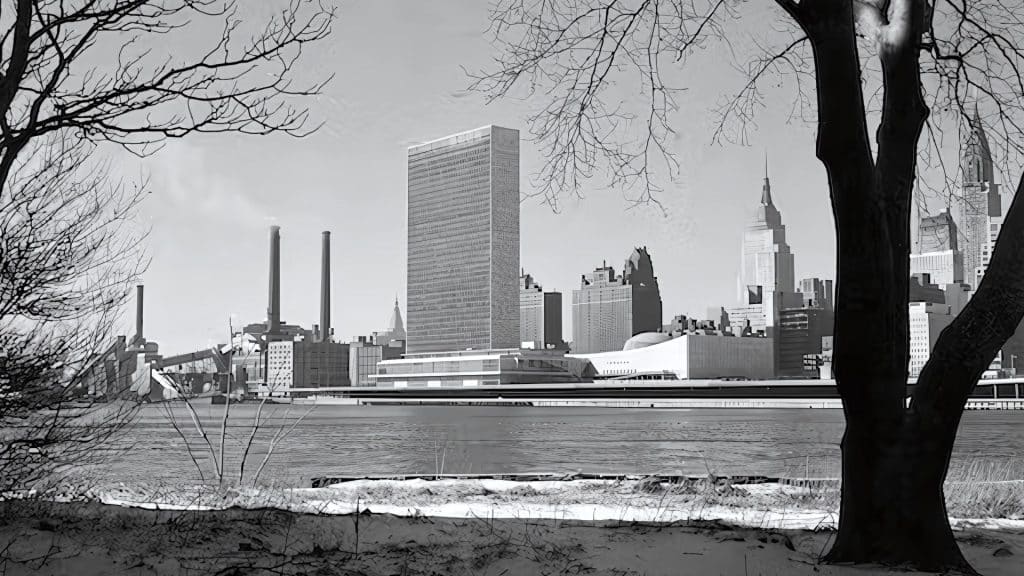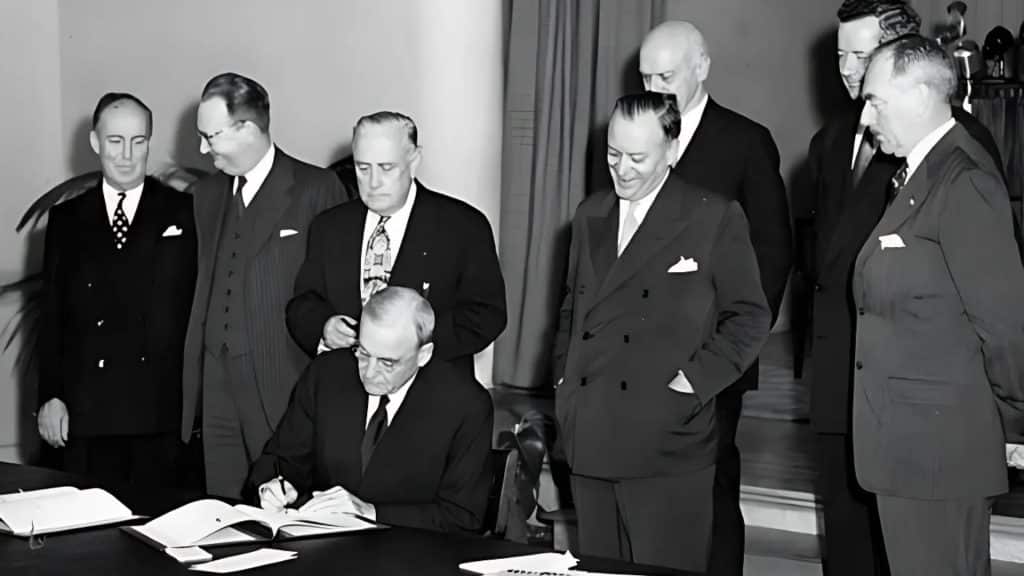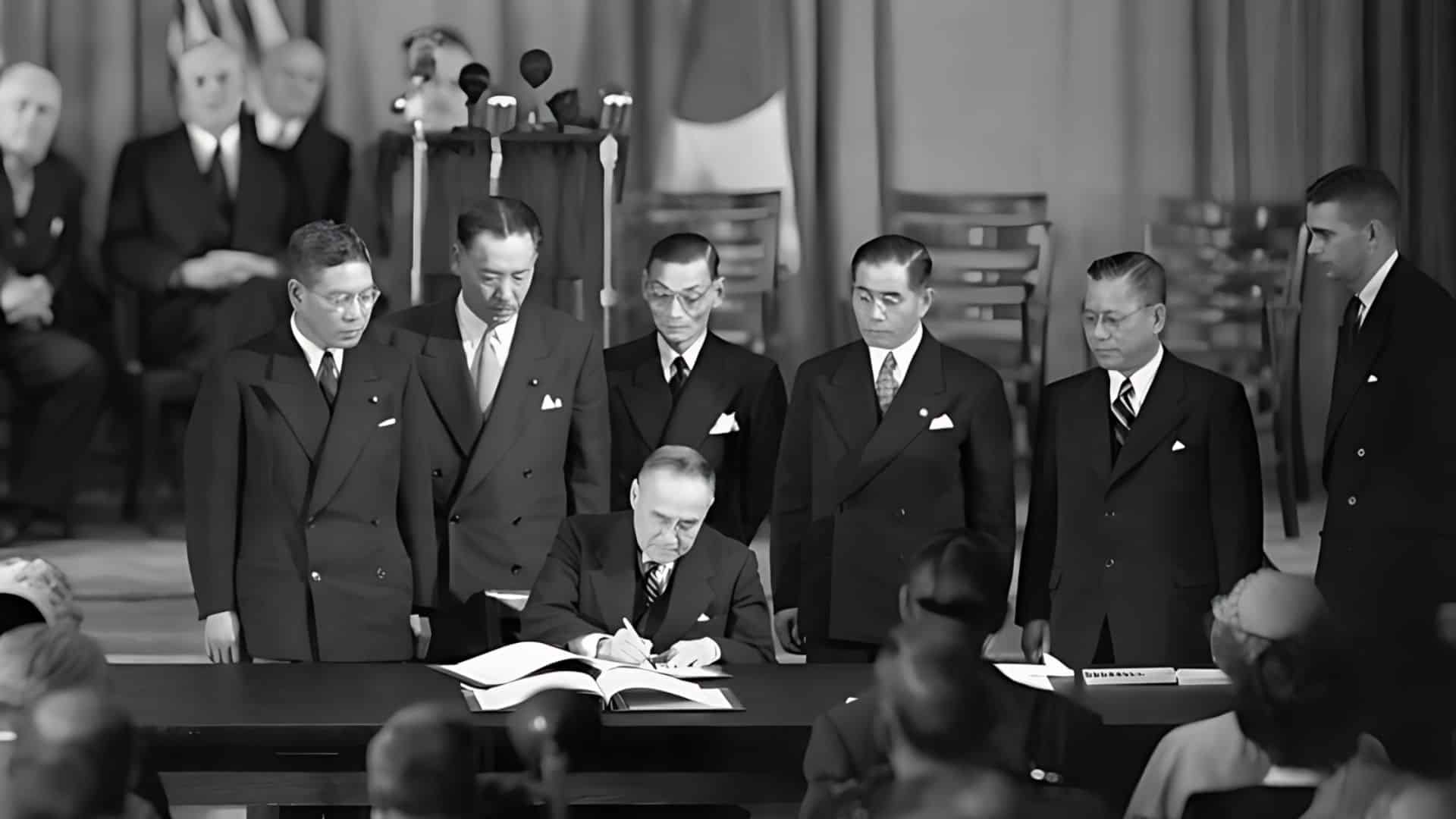United States 1951: Major Historical Events and Milestones
What year changed America’s trajectory more than any other in the early 1950s?
The answer lies in 1951, a period when the United States stepped boldly into its role as a global superpower.
This year marked the intersection of Cold War politics, technological revolution, and social change that would define the next decade.
From Nevada’s desert nuclear tests to New York’s television studios, from Washington’s political corridors to courtrooms nationwide, Americans witnessed history unfold monthly.
These twelve months contained numerous pivotal moments that collectively changed the nation’s identity, culture, and international standing in ways still felt today across American society.
The events of this year laid the groundwork for modern America’s political system, entertainment industry, and global influence.
United States 1951: Major Events with Key Milestones
The year 1951 stands as a defining moment in American history, marked by Cold War tensions, technological breakthroughs, and social transformation.
From nuclear tests in the Nevada deserts to the birth of television entertainment, this year witnessed events that would shape the nation for decades.
Many of these developments, alongside other significant historical events that start with i, created lasting impacts on American society, politics, and culture.
January 1951

Jan 1- “Tennessee Waltz” Chart Success: Popular country song reached number one position on both Billboard and Cashbox music charts nationwide.
Jan 10- UN Headquarters Opens: The United Nations officially opened its permanent headquarters in New York City, making America the global host.
Jan 17- Seoul Falls: Chinese and North Korean military forces successfully recaptured Seoul during the ongoing Korean War conflict.
Jan 27- Nevada Nuclear Test: The First atomic bomb detonation occurred at the Nevada Test Site under the Operation Ranger nuclear testing program.
Jan 31- Train Service Ends: San Juan Express passenger train completed its final run, ending decades of historic rail service.
|
Milestones
|
February 1951
Feb 1- Televised Atomic Test: The First nuclear bomb test was broadcast live on television, reaching millions of American homes.
Feb 6- Railway Disaster: Woodbridge, New Jersey train crash killed 85 people in one of the year’s deadliest transportation accidents.
Feb 9- Satchel Paige Signs: Baseball legend and Negro League star officially joined the St. Louis Browns professional team.
Feb 21- Jack in the Box Opens: The First Jack in the Box fast food restaurant location opened in San Diego, California.
Feb 27- Presidential Term Limits: The 22nd Amendment was ratified, officially limiting U.S. presidents to serving only two terms maximum.
|
Milestones
|
March 1951
Mar 2- NBA All-Star Game: The First National Basketball Association All-Star Game was successfully held in the Boston, Massachusetts arena.
Mar 6- Rosenberg Trial Begins: Julius and Ethel Rosenberg’s espionage trial started in the New York City federal court system.
Mar 12- Dennis the Menace Debuts: Popular comic strip created by Hank Ketcham launched in newspapers across the nation.
Mar 29- Rosenbergs Convicted: A Federal jury found the couple guilty of conspiracy to commit espionage against the United States.
Mar 31- UNIVAC I Delivered: The First commercial electronic computer was delivered to the U.S. Census Bureau for data processing.
|
Milestones
|
April 1951
Apr 5- Death Sentence: Julius and Ethel Rosenberg received the death penalty for their espionage conviction in federal court.
Apr 7- Nuclear Tests Begin: Operation Greenhouse, the atomic testing program, officially started in the Marshall Islands, Pacific region.
Apr 11- MacArthur Dismissed: President Harry Truman fired General Douglas MacArthur from his Korean War military command position.
Apr 19- MacArthur’s Speech: General Douglas MacArthur addressed Congress with his famous emotional “Old Soldiers Never Die” farewell speech.
Apr 27- Science Fiction Film: “The Thing from Another World,” a science fiction horror movie, premiered in theaters nationwide.
|
Milestones
|
May 1951

May 1- Mantle’s First Homer: Mickey Mantle hit his first Major League Baseball home run for the New York Yankees.
May 3- Senate Hearings: Congressional hearings investigating General MacArthur’s dismissal began in Washington D.C. with public testimony sessions.
May 7- Pulitzer Prize: Author Conrad Richter won the prestigious Pulitzer Prize for Fiction for his acclaimed novel “The Town.”
May 21- Art Exhibition: The Ninth Street Art Exhibition opened in New York City, showcasing modern American abstract expressionist artwork.
May 24- Restaurant Desegregation: Washington, D.C., officially banned racial segregation in all restaurants and public dining establishments within city limits.
|
Milestones
|
June 1951
Jun 4- Supreme Court Ruling: The Supreme Court decision in Dennis v. United States upheld Smith Act convictions against Communist Party leaders.
Jun 14- UNIVAC Dedication: The UNIVAC I computer was officially dedicated at the U.S. Census Bureau in a ceremonial event with government officials.
Jun 14- Rock Music Recording: Bill Haley recorded “Rocket 88” in a studio session, contributing to early rock and roll music.
Jun 15- Western Wildfires: Major devastating fires began spreading across Western states, continuing through July, causing extensive property damage.
Jun 18- City Incorporation: Battle Ground, Washington, was officially incorporated as a city in the Pacific Northwest region.
|
Milestones
|
July 1951
Jul 10- Korea Armistice Talks: Korean War peace negotiations officially began in Kaesong between the United Nations and the Communist forces.
Jul 11- Cicero Race Riot: Violent racial unrest erupted in Cicero, Illinois, over housing discrimination and residential segregation issues.
Jul 13- Great Flood: Devastating flood waters hit Kansas and Midwest states, causing widespread damage and displacing thousands.
Jul 14- Carver Monument: George Washington Carver National Monument was dedicated in Missouri, honoring the agricultural scientist’s contributions.
Jul 16- Literary Classic: J.D. Salinger’s novel “The Catcher in the Rye” was published, becoming a landmark in American literature.
|
Milestones
|
August 1951
Aug 6- Racing Museum: The National Museum of Racing and Hall of Fame opened in Saratoga Springs, New York.
Aug 11- Color Television: The First Major League Baseball game was broadcast in color television technology to American viewers.
Aug 12- Women’s Championships: Women’s Outdoor Track and Field Championships were held in Connecticut, promoting female athletic competition.
Aug 14- Hearst Dies: Media mogul William Randolph Hearst passed away at age 88, ending his era of newspaper empire.
Aug 25- UFO Sightings: Lubbock Lights unexplained aerial phenomena were reported across Texas, sparking widespread public interest and speculation.
|
Milestones
|
September 1951

Sep 1- ANZUS Treaty: Australia, New Zealand, and the United States signed the ANZUS Treaty, establishing a Pacific regional defense alliance.
Sep 4- Coast-to-Coast TV: First live coast-to-coast television broadcast featured President Truman’s speech to a national audience.
Sep 8- Japan Treaties: The Treaty of San Francisco and the U.S.-Japan Security Treaty were signed, ending the occupation and establishing a partnership.
Sep 18- Science Fiction Film: “The Day the Earth Stood Still” premiered in theaters, becoming influential Cold War science fiction.
Sep 20- NATO Expansion: Greece and Turkey were admitted to the North Atlantic Treaty Organization, expanding the Western military alliance.
|
Milestones
|
October 1951
Oct 3- Baseball Drama: Bobby Thomson hit the “Shot Heard ‘Round the World” home run, giving the Giants the National League pennant.
Oct 4- Musical Film: “An American in Paris” premiered in New York City, winning the Academy Award for Best Picture.
Oct 4- Shopping Mall: Shoppers World Mall opened in Framingham, Massachusetts, pioneering the suburban retail shopping center concept.
Oct 10- Yankees Victory: The New York Yankees won their 14th World Series championship, defeating the New York Giants in baseball.
Oct 15- TV Comedy: “I Love Lucy” premiered on the CBS television network, starring Lucille Ball and Desi Arnaz.
|
Milestones
|
November 1951
Nov 1- Nuclear Exercises: The First nuclear battlefield military exercises were conducted in the Nevada desert with troops and equipment.
Nov 5- Highway Opens: New Jersey Turnpike opened to traffic, improving transportation infrastructure between New York and Philadelphia.
Nov 10- Direct Dialing: Direct-dial coast-to-coast telephone calling service began, connecting Americans without operator assistance required.
Nov 22- Science Fiction: “When Worlds Collide,” a disaster science fiction film, was released in theaters across the nation.
Nov 24- Broadway Show: “Gigi” stage play opened on Broadway in New York City, featuring Audrey Hepburn in the starring role.
|
Milestones
|
December 1951
Dec 13- Water Tower Collapse: A Water tower collapse in Tucumcari, New Mexico, caused significant property damage and infrastructure disruption.
Dec 17- Civil Rights Petition: “We Charge Genocide” petition was delivered to the United Nations, documenting racial violence in America.
Dec 20- Nuclear Power: EBR-I reactor in Idaho generated the first electricity from nuclear power in world history.
Dec 24- TV Opera: “Amahl and the Night Visitors” opera premiered on NBC television, becoming the first opera written for television.
Dec 31- Marshall Plan Ends: The Marshall Plan officially expired after providing billions in European recovery aid since World War II.
|
Milestones
|
Final Thoughts
Looking back at these twelve months reveals how quickly America adapted to its newfound superpower status.
Each month brought decisions that would echo through generations, from courtroom verdicts to entertainment innovations.
The nation balanced military strength with diplomatic efforts while embracing new technologies that connected citizens like never before.
Popular culture flourished alongside serious political debates, showing America’s complex character during this period.
These moments remind us that history unfolds through countless individual decisions and circumstances.
Understanding this timeline helps us appreciate how past choices continue influencing our present reality.
What other pivotal years in American history would you like to know more?
Share your thoughts in the comments below, and let us know which events from 1951 surprised you most.








